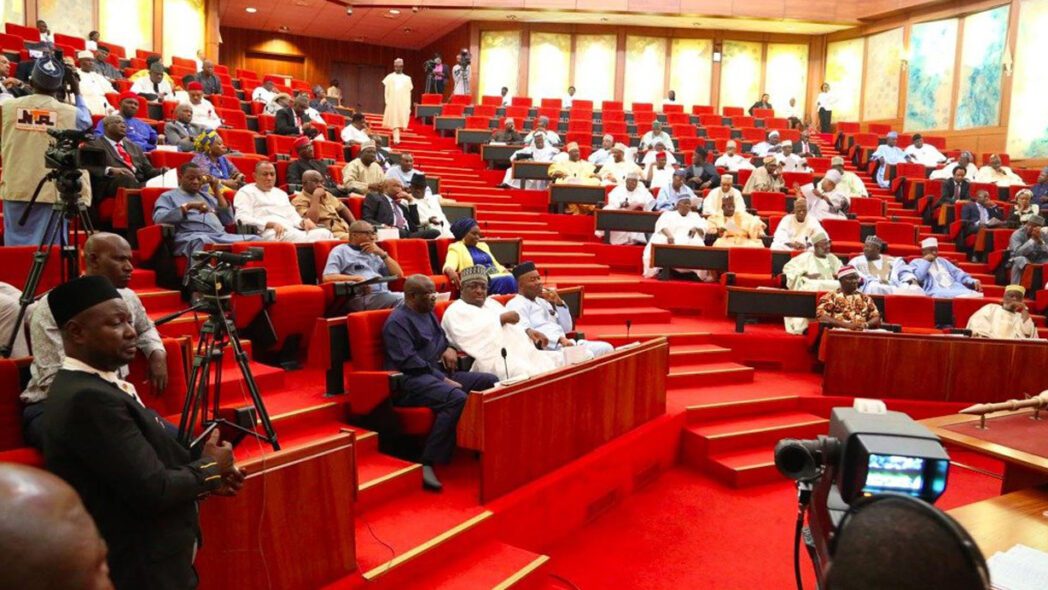
Senate urges NDIC to maximise returns from Heritage bank’s liquidation assets
By Esther Agbo
The Nigerian Senate has called on the Nigeria Deposit Insurance Corporation (NDIC) to prioritise efforts in securing maximum returns from the liquidation assets of the now-defunct Heritage Bank.
This directive, aimed at protecting the interests of remaining stakeholders, was issued by the Chairman of the Senate Committee on Banking, Insurance, and Other Financial Institutions, Senator Adetokunbo Abiru, during an NDIC retreat in Lagos focused on building resilient financial systems through legislative support.
Senator Abiru acknowledged NDIC’s swift response to depositor claims from Heritage Bank, underscoring the organisation’s commitment to maintaining public trust amid financial distress.
“I applaud the NDIC for its diligence and commitment to restoring hope to those affected. The process of settling depositors is never easy, particularly in cases involving significant financial distress, but your dedication to resolving this matter demonstrates the high standard of operational efficiency that we, as stakeholders, have come to expect from the NDIC.
“Nevertheless, I urge the Corporation to ensure that maximum value is realised from the bank’s remaining assets, which will ultimately contribute to the settlement of outstanding depositors and other creditors. It is my hope that all the challenges associated with settlement of the Bank’s stakeholders including those to do with liquidation dividends for corporate customers are resolved speedily, effectively, and efficiently,” he remarked, stressing the agency’s role in upholding high operational standards.
In a broader context, NDIC Managing Director Bello Hassan used the event to highlight growing complexities within Nigeria’s financial landscape, driven by rapid technological advances, globalisation, and the entry of new financial technology players.
He emphasised that these shifts, while fostering innovation, also introduce new risks that demand collaborative oversight.
“In recent years, the financial services sector has experienced significant transformation, largely driven by advances in technology, globalisation and consolidation. New services and products have emerged, while new players and financial technologies have been challenging traditional service providers through faster, cheaper and reliable services.
“While this development presents opportunities for growth, we must, however, be conscious of the additional risks and complexities that the system may be further exposed to.
“To address this concern, stakeholders, particularly charged with oversight functions, must collaborate more than ever before.
“In this collaborative effort, the legislature must be consciously determined to redesign the legal framework that will support the current financial advancement while promoting innovation and consumer protection,” Hassan stated.




